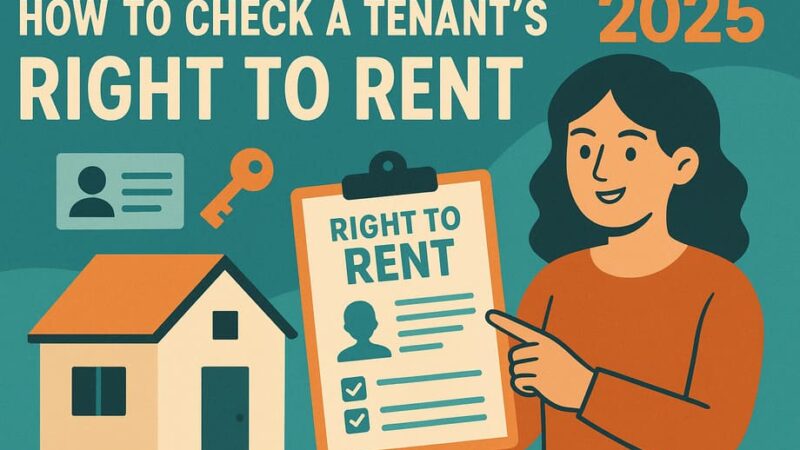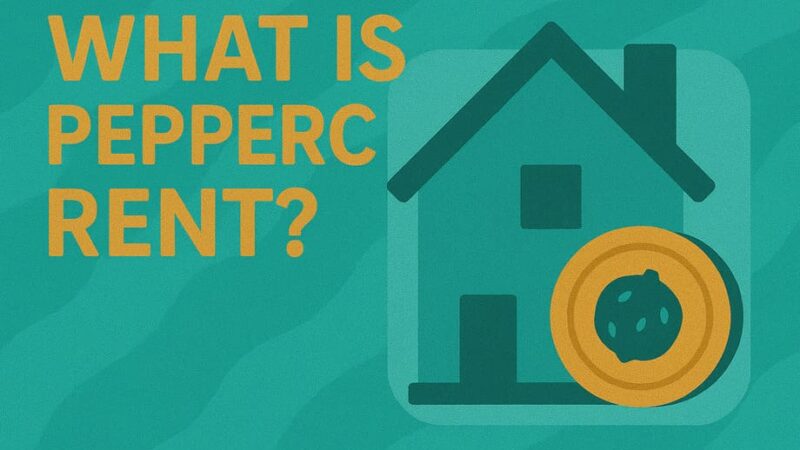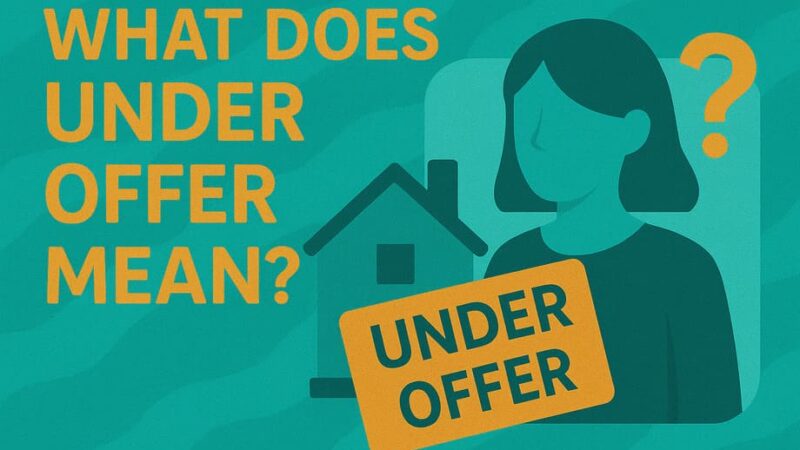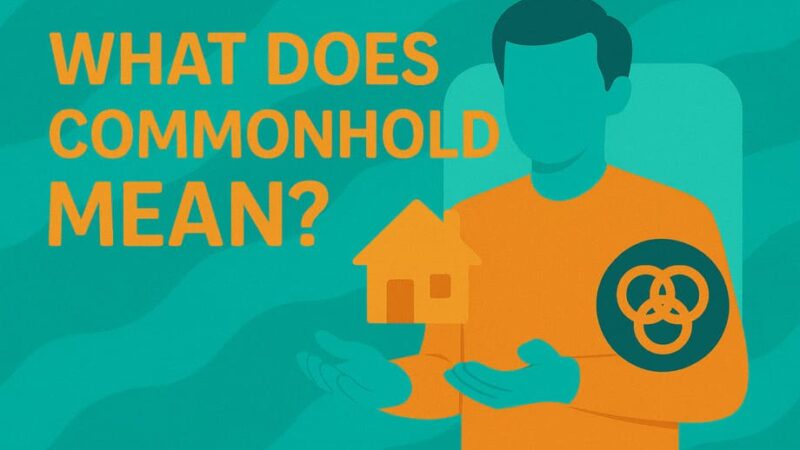Understanding the Covenant of Quiet Enjoyment: A Guide for Landlords and Tenants
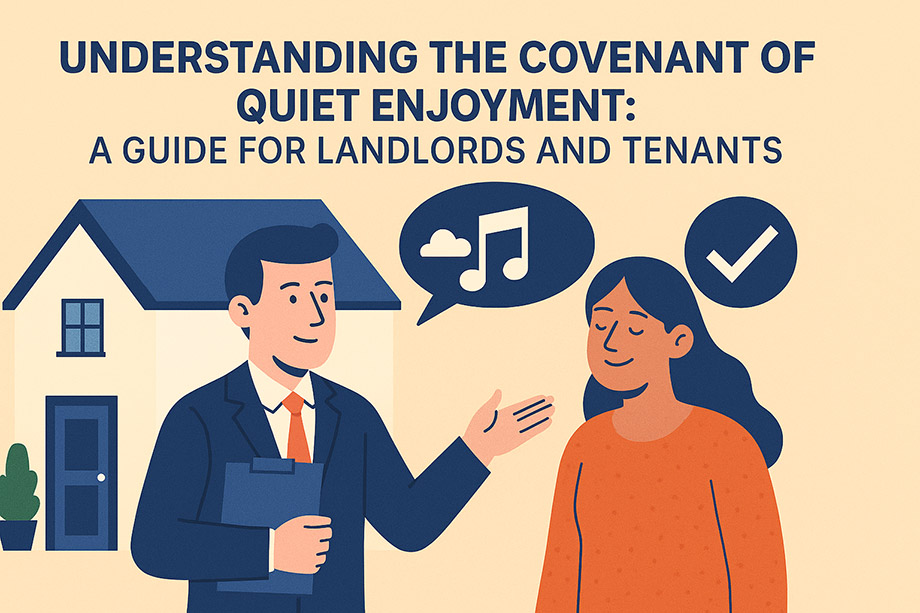
Landlords could easily be forgiven for being confused about the legal rulings on property access. The law holds them responsible for safety and repairs and threatens them with hefty penalties for non-compliance. However, if they enter the property without the necessary permissions, they can be sued for trespass and for breaching the tenant’s right to ‘quiet enjoyment’.
This apparent contradiction creates genuine challenges for both landlords and tenants. Understanding the covenant of quiet enjoyment is essential for maintaining proper landlord-tenant relationships whilst meeting legal obligations.
What is the Covenant of Quiet Enjoyment?
Under common law, tenants have a right to ‘quiet enjoyment’ of their rental property. This is an implied term, or covenant, which has been expressed or implied in conveyances and leases of English land for centuries. This covenant means that the landlord must allow the tenant to live in the property without undue interference.
The principle is simple: tenants are entitled to possess and use their rented home without unnecessary interruption from the landlord or anyone acting on their behalf. This protection ensures that tenants can treat the property as their home during the tenancy period.
The Misunderstood Term
‘Quiet enjoyment’ is a term frequently misunderstood by both landlords and tenants. The confusion often centres around the word ‘quietly’, which many interpret as relating to noise levels.
Going back to the landmark case of Jenkins v Jackson in 1888, the judge clearly stated that the word ‘quietly’ in the covenant “does not mean undisturbed by noise. When a man is quietly in possession it has nothing whatever to do with noise… ‘Peaceably and quietly’ means without interference – without interruption of the possession”.
In short, ‘quiet enjoyment’ means that the tenant must be able to live in (or ‘enjoy’ in the old-fashioned meaning of the word) the property in peace without disturbance from the landlord or anyone acting on their behalf. It has nothing to do with noise levels or sound disturbance.
What Constitutes a Breach?
A breach of quiet enjoyment typically occurs when a landlord’s conduct substantially interferes with the tenant’s ability to possess and use the property. Common examples include:
Unauthorised Entry
- Entering the property without permission or proper notice
- Using keys to access the property when the tenant is absent without agreement
- Allowing contractors or agents to enter without the tenant’s knowledge
Excessive Interference
- Making frequent unnecessary visits to the property
- Demanding access at unreasonable hours (very early morning or late evening)
- Staying longer than necessary during legitimate visits
Harassment or Intimidation
- Threatening behaviour designed to force the tenant to leave
- Persistent unwanted contact or visits
- Interfering with utilities or services to make the property uninhabitable
Physical Interference
- Removing or changing locks without agreement
- Blocking access to parts of the property the tenant is entitled to use
- Removing the tenant’s belongings without permission
Landlords’ Rights and Obligations
Despite the covenant of quiet enjoyment, landlords do have legitimate rights to access their properties. Both The Housing Act 1988 and The Landlord and Tenant Act 1985 establish that tenancy agreements should include provisions allowing landlords reasonable access for essential purposes.
Legitimate Reasons for Access
Repairs and Maintenance Landlords have a legal duty to maintain their properties in good repair. This necessarily requires periodic access to:
- Carry out essential repairs
- Conduct routine maintenance
- Service boilers and heating systems
- Test fire and smoke alarms
Safety Inspections Legal obligations include:
- Annual gas safety checks by qualified engineers
- Electrical installation inspections every five years
- Energy Performance Certificate renewals
- General property condition assessments
Property Inspections Landlords are entitled to inspect their property periodically to:
- Check for any damage or deterioration
- Ensure the property is being maintained appropriately
- Identify any issues requiring attention
Proper Notice Requirements
The law requires landlords to provide a minimum of 24 hours’ written notice before accessing the property, except in genuine emergencies. Access must be requested at a “reasonable time of day” – typically between 8am and 6pm on weekdays.
The notice should specify:
- The date and approximate time of the visit
- The reason for access
- How long the visit is expected to take
- Who will be attending (landlord, agent, contractors)
Tenants’ Rights and Responsibilities
While tenants have strong rights to quiet enjoyment, they also have corresponding responsibilities to allow reasonable access when properly requested.
Rights Protected
Exclusive Possession During the tenancy, tenants have the right to exclude others from the property, including the landlord, except in agreed circumstances.
Privacy and Peace Tenants are entitled to use their home without unnecessary interference, disturbance, or harassment from the landlord.
Reasonable Notice Tenants have the right to adequate notice of any planned visits, allowing them to prepare and be present if they choose.
Tenant Responsibilities
Reasonable Access Tenants cannot unreasonably refuse access for legitimate purposes such as essential repairs or safety checks.
Cooperation While tenants can specify convenient times within reason, they should work constructively with landlords to arrange necessary access.
Emergency Situations In genuine emergencies (gas leaks, flooding, fire risks), immediate access may be required without the usual notice period.
Getting the Balance Right
The key to managing quiet enjoyment issues lies in establishing good communication and mutual respect between landlords and tenants.
For Landlords
Build Relationships Invest time in building positive relationships with tenants. This makes future access requests much easier to manage.
Be Reasonable Only request access when genuinely necessary and always provide proper notice. Respect tenants’ preferences on timing where possible.
Communicate Clearly Explain the purpose of visits and what will be involved. This helps tenants understand the necessity and reduces anxiety.
Respect Boundaries Remember that the property is the tenant’s home during the tenancy. Act accordingly and don’t overstay your welcome.
For Tenants
Understand Obligations Recognise that landlords have legitimate needs to access the property for maintenance and safety purposes.
Be Reasonable While you can specify preferred times, avoid being unnecessarily difficult about reasonable requests.
Communicate Issues If you have concerns about frequency of visits or landlord behaviour, raise these calmly and constructively.
Know Your Rights Understand what constitutes reasonable and unreasonable requests for access, and don’t be afraid to assert your rights when necessary.
Different Types of Tenants
In practice, landlords typically encounter two main types of tenants:
Cooperative Tenants These tenants readily allow access and welcome having a proactive landlord maintaining the property. They understand the mutual benefits of proper property care and maintenance.
Cautious Tenants These tenants prefer to be present during visits and may be more questioning of access requests. They’re often concerned about security, privacy, or previous negative experiences.
Both approaches are legitimate, and landlords need to adapt their management style accordingly while maintaining their ability to fulfil legal obligations.
Common Disputes and Solutions
Excessive Visits
If tenants complain about too-frequent visits, landlords should:
- Review whether all visits were truly necessary
- Consider combining multiple purposes into single visits
- Discuss with tenants to establish mutually acceptable schedules
Emergency Access
Disagreements often arise over what constitutes a genuine emergency. Generally accepted emergencies include:
- Gas leaks or carbon monoxide risks
- Serious water leaks causing damage
- Fire safety hazards
- Security breaches
Repairs vs Improvements
Tenants must allow access for essential repairs but may question access for improvements or upgrades. Landlords should clearly explain the purpose and benefits of any proposed work.
Legal Consequences
Breaching the covenant of quiet enjoyment can have serious consequences for landlords:
Financial Liability Tenants may claim damages for inconvenience, disturbance, or additional costs incurred due to the breach.
Rent Reductions Courts may order rent reductions where landlords have significantly interfered with tenants’ enjoyment of the property.
Injunctive Relief Tenants may obtain court orders preventing further interference or requiring specific actions from landlords.
Relationship Breakdown Persistent breaches often lead to tenant complaints, negative reviews, and difficulty retaining good tenants.
Best Practices
For Landlords
- Always provide proper written notice except in genuine emergencies
- Be specific about the purpose of each visit in your notice
- Respect agreed appointment times and don’t arrive early or late without permission
- Limit visit duration to what’s actually necessary
- Consider tenant preferences on timing where reasonably possible
- Document all access requests and visits for your records
- Build good relationships through respectful communication
For Tenants
- Respond promptly to reasonable access requests
- Suggest alternative times if proposed times are inconvenient
- Be present during visits if you prefer, but don’t insist unreasonably
- Raise concerns constructively rather than simply refusing access
- Understand emergency situations may require immediate access
- Keep records of all access requests and visits
- Seek advice if you feel your rights are being breached
When to Seek Professional Help
Both landlords and tenants should consider seeking professional advice when:
- Disputes cannot be resolved through direct communication
- There are repeated allegations of harassment or trespass
- Emergency access is being unreasonably refused
- The frequency or manner of access requests seems excessive
- Legal action is being threatened by either party
Conclusion
The covenant of quiet enjoyment represents a fundamental principle in landlord-tenant relationships – the balance between property owners’ legitimate interests and tenants’ rights to peaceful occupation of their homes.
Success in managing this balance requires understanding, communication, and mutual respect from both parties. Landlords must fulfil their legal obligations whilst respecting tenants’ rights to privacy and peaceful enjoyment. Tenants must allow reasonable access whilst protecting their legitimate interests in using their home without unnecessary interference.
When approached with pragmatism and good faith by both sides, the apparent tension between landlords’ duties and tenants’ rights can be successfully managed to everyone’s benefit.
For specific situations or ongoing disputes, professional legal advice should always be sought to ensure compliance with current law and protection of all parties’ interests.
Last Updated on August 3, 2025 by James Cartwright



